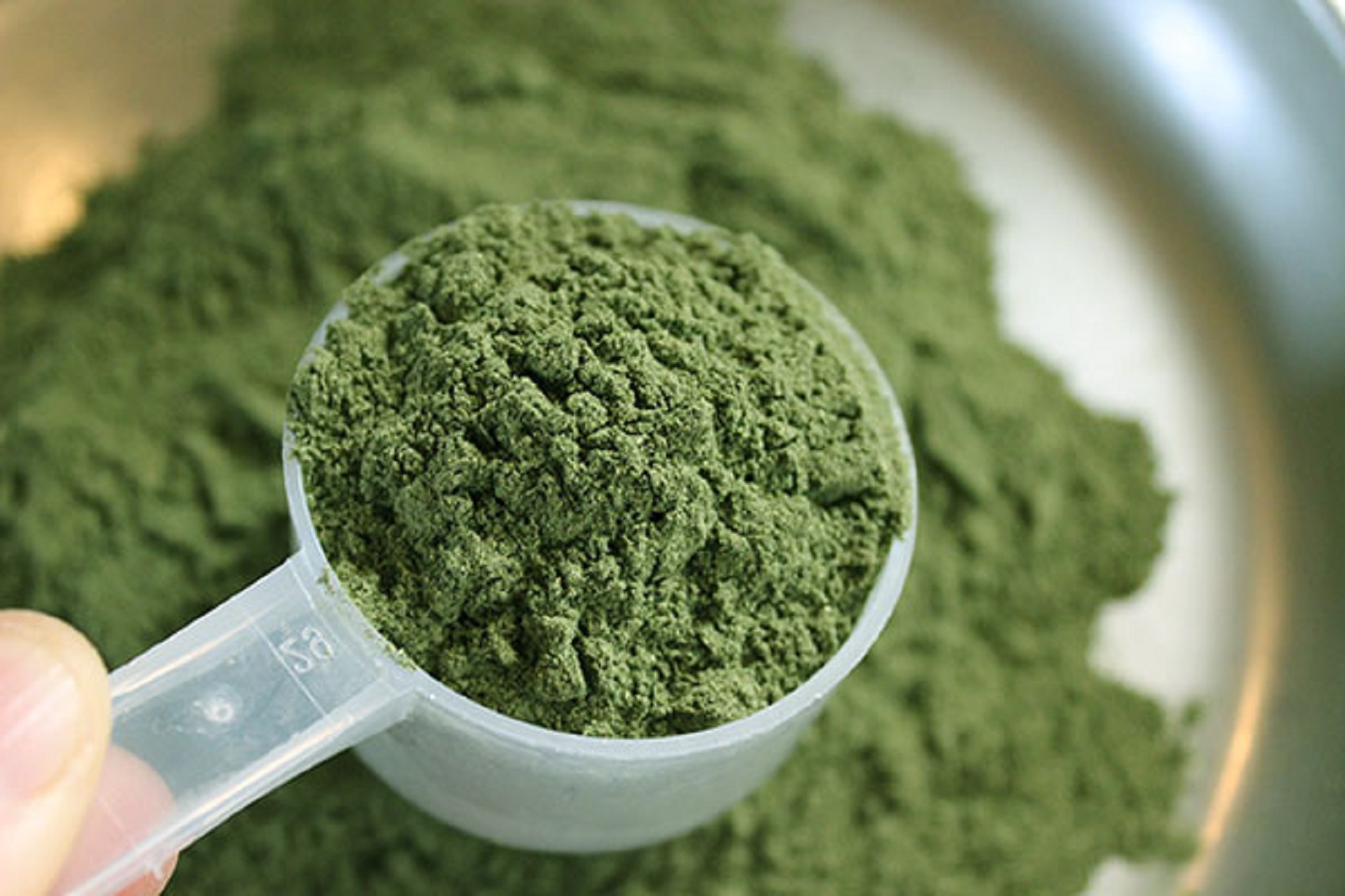For months, the fate of the opioid-like plant kratom has hung in the balance. Will the US government make it illegal next year? Next week? With every fresh piece of news, scientists and kratom users alike tense up, ready for the hammer to fall. But the anticipated day hasn’t arrived yet, and it’s still not clear when it will. The moment seemed nigh on November 13, when Business Insider posted a story in which a US Drug Enforcement Administration spokesperson seemed to suggest that the decision to ban kratom extracts, powders etc would be announced any day now.
DEA spokesperson Melvin Patterson told Inverse that Erin Brodwin’s article for BI “wasn’t a very accurate portrayal” of his comments, though his telling of the facts outlined a distinction without a difference. “There’s no telling when the documentation will be submitted to the [Federal Register],” he said. “It could be next week, it could be the week thereafter, it could be the next month, it could be sometime next year.”
Whatever the timeline may be, the fact remains that a ruling is coming. Regardless of what Patterson really meant, the DEA’s stance on kratom raises serious questions about whether federal authorities are considering the latest research, the experiences of scientists, or the reality of illegalizing drugs when deciding the future of kratom, a controversial substance that has shown promise in helping people with chronic pain and opioid use disorder. The Federal Drug Administration submitted its recommendation to ban kratom powders & its extracts to the DEA in 2017, and researchers at the DEA have been reviewing the recommendation since then.
Continue reading at Inverse.com








